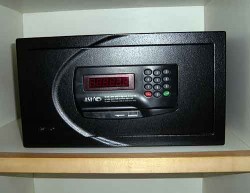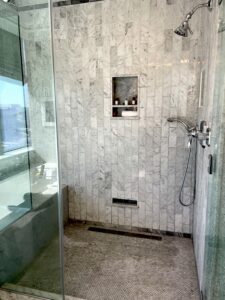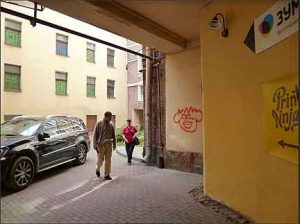Before a lengthy stay in a certain hotel in Italy this summer, I searched for reviews of it online. Among the raves on TripAdvisor, I found one review that loudly accused the hotel staff of stealing cash from a room safe. Not only that, the writer asserted that he had discovered that other rooms on the same floor had been targeted in the past.
Hotel management immediately addressed the allegation online but, not being fluent in English, did little to ameliorate the hotel’s reputation. The damage had been done, and the accusation remains online for potential visitors to consider.
“Hoteliers Look to Shield Themselves From Dishonest Online Reviews,” wrote The New York Times on October 25.
Although TripAdvisor does allow property owners to post responses to reviews, some hoteliers want the site to monitor comments more actively and take action when managers express concerns, especially when reviews border on libel.
…
Chris Emmins, a founder of KwikChex, a British reputation management company [is] seeking to organize a lawsuit against TripAdvisor on behalf of its clients.Mr. Emmins said more than 800 businesses had inquired about participating in the case, but he expected only a few dozen would meet the criteria the company hoped to test, including the legality of reviews that accuse hotel staff of theft, assault or discrimination.
“I don’t think they belong on a review site,” he said. “They’re allegations of criminality.”
Before visiting the Italian hotel, I hatched a plan to booby trap the room safe, just to see if it was opened during our stay. You know—research. Upon arrival though, I gave up the idea. The place had nothing of a dodgy feel. If a safe theft had happened there, I’m convinced that it was an anomaly. During high season, many hotels take on extra short-term help, and some may be lax with background checks. But the question remains: was there really a theft at all?
Example: Back in March, Bob and I were in the lobby of our hotel in Mumbai when a guest strode up to the reception desk and accused hotel staff of stealing her iPod from a tote bag in her room.
“Wait a minute,” Bob butted in, and began grilling her. When had she last seen the iPod? Where had her bag been? Had it been zipped? in the control of others? accessible on the plane? handled by a taxi driver? By the time he was finished, the woman realized there had been many earlier opportunities for the theft and apologized to the hotel manager. Had she made her accusation online, the blot would remain, hurting the hotel, true or not, indefinitely.
Because we give presentations on theft, people constantly tell us their experiences as victims. It often seems to us that there’s quite a bit of conclusion-jumping. A few direct questions, as above, spur the victims to rethink the circumstances surrounding the disappearances of their valuables and reconsider where the blame should lay.
![]()






3 Comments
So Holly, you work in a hotel in Buenos Aires? Would be interesting to hear more of your experiences. Tell more!
Hotel guests often wrongly accuse hotel staff of stealing. In the beginning, I would get worried. But after a while, I learned to ask them to take another look around their room, and 99% of the time they’d find it.
And then there are the scamming guests who claim to have left a Rolex watch on the table next to an open window, and want the hotel to call the police to file a full report for the insurance company.
The Italian incident may well have happened. I remember a hotel in Mexico a couple of years ago where a whole wedding group had their safes broken into during the wedding ceremony, when staff knew they’d all be distracted. It was a group of housekeeping employees working together.
Loss of property seems to cause severe emotional response. I once heard a woman screaming at the purser on a ship. She was sure her jewelry was swiped, only to discover it under the bed where she had stashed it for safety.